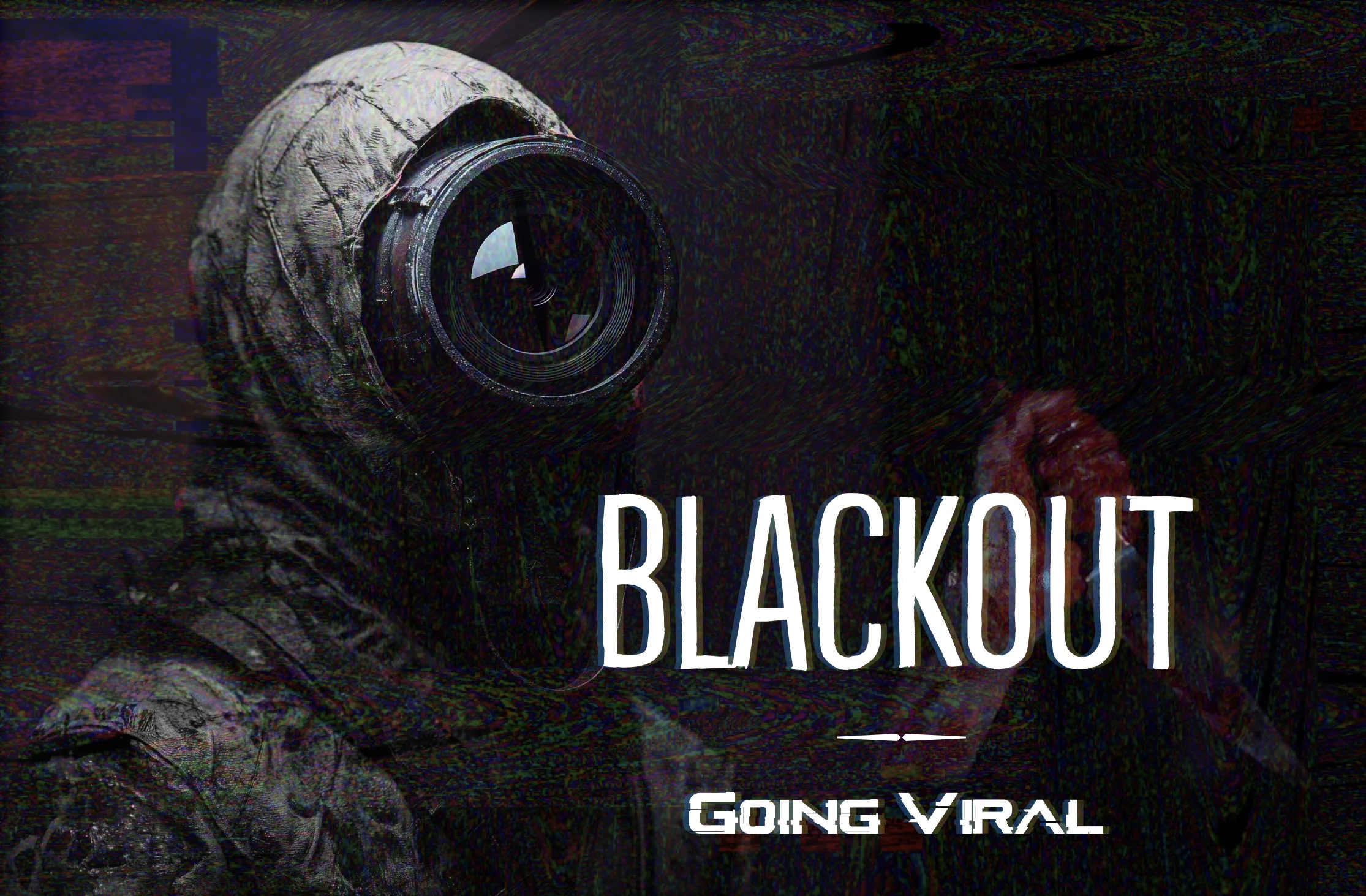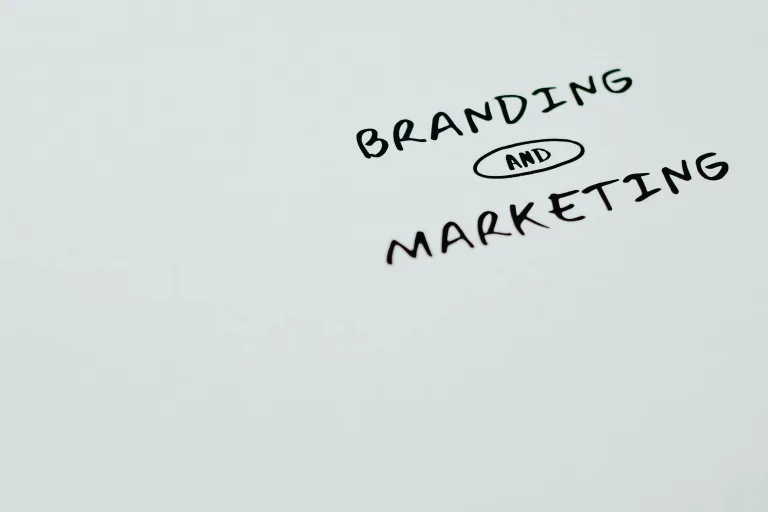Dialogue, Discipline, and Dog Walks: My Process as a
Working Screenwriter
David Barbeschi is a multi-award-winning screenwriter with an international upbringing and a reputation for delivering structurally solid, production-ready scripts that perform on the festival circuit.
David, your short film “Lollie” recently had screenings in Newport Beach and Las Vegas. What were some standout moments from those experiences?
I’m happy to say that “Lollie” (directed by Agnès Shinozaki) has added the Las Vegas International Film & Screenwriting Festival and the Newport Beach Film Festival to its list of official selections, which brings the total number to 22, so far!
The Newport Beach Film Festival in particular was an amazing event, both in the panel it offered but also in its ability to facilitate networking between us socially-awkward indie filmmakers! Bravo to Gregg Schwenk and the rest of the festival team, I’ll be attending next year too.
Do you have a specific routine or ritual when it comes to writing?
I function better during nights, when it comes to writing. I don’t know what the hell is wrong with me that I cannot focus if everything around my laptop screen isn’t pitch black, but there you have it.
Also, just getting the hell out of my apartment, walking my dog, swimming, cycling. Keeping my body in movement so my mind builds momentum. It sounds like foofy hippie stuff but hey, it works for me.
What’s your favorite genre to write and why?
When I’m writing for myself, I keep coming back to the swashbuckling classics I grew up with, based in the Adventure, Fantasy and Sci-Fi genres, but usually setting them in a more modern day story (cheaper to get made).
When writing on commission, Drama and Slasher Horror films are frequent requests but I find myself enjoying the Supernatural Horror and Thriller genres.
How do you write dialogue that feels authentic and natural for your characters?
Dialog is what often gets complimented (and awarded) in the screenplays I write.
Being an Italian primarily raised in France, I always remind people that I am not a native English speaker. That said, I do have an A-Level in English Language! Part of the studies included noticing how spoken speech is filled with non-fluency features (false s tarts, discourse markers, etc) and how that can be transcribed in written form through the use of elisions, interjections and other colloquialisms.
So this knowhow, combined with an attention to a scene’s pacing, become a solid base for writing compelling dialog that feels natural.
Aaron Sorkin and Quentin Tarantino’s writings are obvious sources of inspirations. But they’re known for writing long scenes, and nowadays’ screenwriters are discouraged from approaching dialog this way (especially now that audiences have shorter attention spans). Thus, what I do is write out the “long” version of the scene, then pull it back as much as possible until a balance has been reached.
How do you handle criticism or feedback on your scripts?
Really, it’s all about picking your battles. If a note makes the story better, I’m all for it. If it feels like it’s taking away from the core of what makes the script special, I’ll ever-so-politely push back.
But I’ve yet to encounter such a thing as a “bad” note. Even a note that comes from someone who doesn’t get your story indicates that your story can be made clearer.
A lot of the feedback you receive won’t have storytelling knowhow as a basis, but just good or bad vibes. Rather than hearing ‘your Inciting Incident should occur 15 pages earlier’ you’ll get ‘this is so slow to get into.’ Even then… you don’t want to dismiss that. Fundamentally, you’re being told the same thing, this note is still using the note-giver’s emotional resonance as their basis of judgment (and the key goal of any artistic endeavor is sparking of an emotional reaction/connection with the audience).
So I always do my best to address that note in some way. It won’t always be done in the way you’d expect it, but it will be incorporated. After all, we’re all part of the same team with the same goal: getting the film made.
For more info on David’s screenwriting services, visit his website davidthescreenwriter.com






